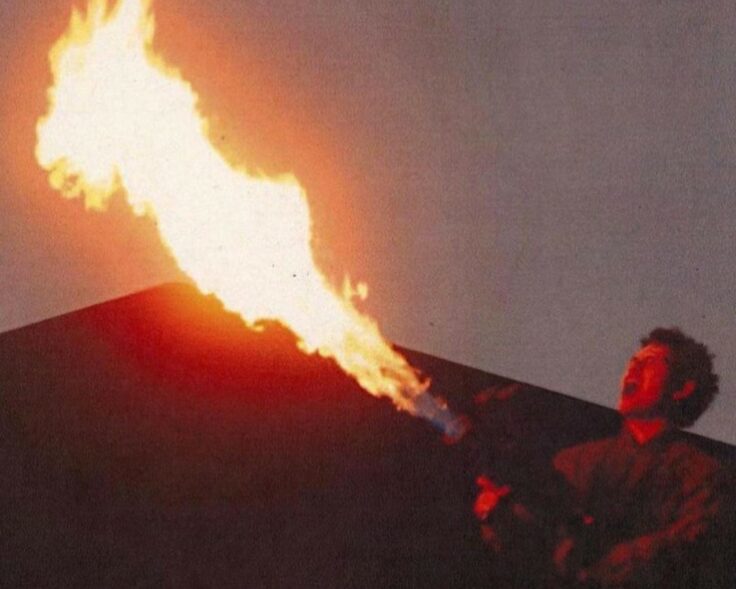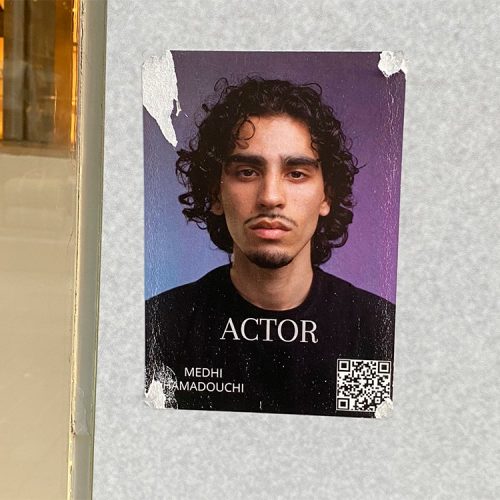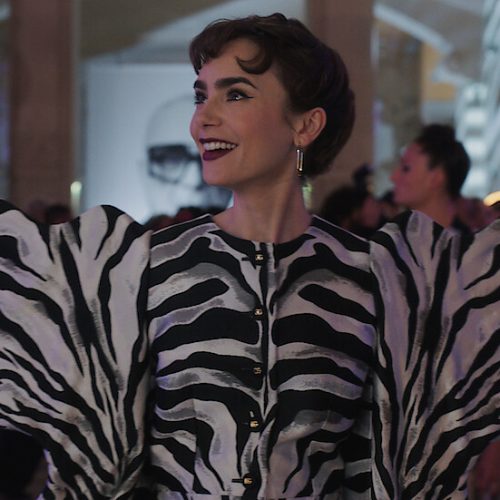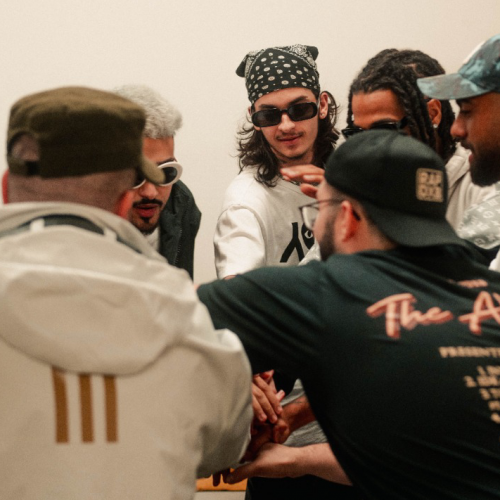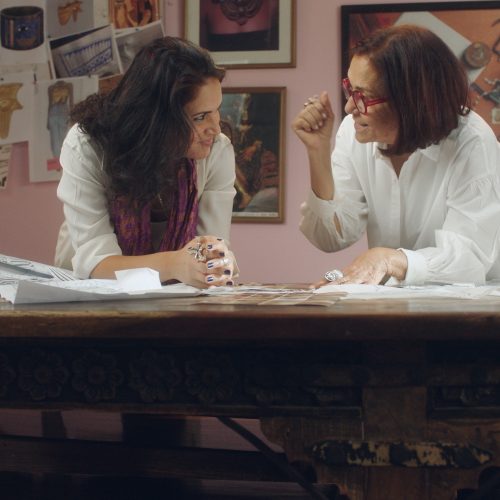For far too long, the Arab narrative has always been centred around war, misery and politics. In more ways than one, the discourse has often stripped the region away from any artistic consciousness we may have. No matter the medium, creative output from the region is often left without accolades unless it touches on the political or economic situations of the regions. Waad Al-Kateab’s film ‘For Samah’, Shabjdeed and Dahboor’s hard hitting track ‘In Ann’ anthem and Al Qasimi’s ‘Don’t Shoot’ T-shirt are prime examples. That’s not to say that the above mentioned aren’t deserving, but is it necessary to always mend politics and art together?
The question often posed is, why is it that a British artist like Martin Parr can find success in the mundane, whilst Arab artists are often limited to art that’s either political or culturally fetishizing. As it currently stands, Arabs often cannot exist in cultural spaces without exacerbating their own struggles by fear of not being listened to.
But we’re here to challenge that status quo. We asked four Arab artists, from different fields on the creative spectrum, on why they’re done being politicised.
Cheen (@cheenmusic)
“Since I don’t live in Egypt, I feel like not only it feeds a certain stereotype but the combination of being brown and talking about politics attracts orientalists to music. You become a cultural product and not an entertainer anymore. You are so irrelevant to the surrounding that they move you to bullshit genres like World Music.
Maybe when people in Canada stop asking me if I have to wear the hijab when I go back to Egypt right after my show, maybe only then I might be comfortable expressing myself openly.”
218 (@218sound)
“Everywhere I go, everyone’s always talking politics. I’d much rather talk about my life and experiences through my music to give people something else to talk about for a change. There’s more to Arab rap than just politics. People sometimes ask why I don’t talk about politics like what most Libyan rappers do. But the truth is, the 2011 revolutions are over, it’s time to move on. I’m focused on my story and on bringing something new to the table.”
ELDAHYA (@eldahya)
“As a Middle Eastern artist, I have dealt with many situations where media is either looking too deep into our tracks to find political messages, or they don’t see what we are doing is art and simply just that. They’re breaking down what we’ve assembled in a wrong way as if that is what they want us to do when we are making music. Music is Art whether you like it or not, and a lot of artists just do it for the sake of it and want you to learn how to enjoy it.”
Ali Ashraf (@alixashrvf)
“I try to take whatever art I’m doing away from politics because it has been used as a tool to separate us and break the bonds every Egyptian has with his fellow Egyptians, which suppresses communal growth. I think my art strays away from anything political because the main focus is to unify the community and not break it into pieces.
I also think that Arabs can make art regardless of whether it was channelled through their traumas or not. It doesn’t have to be about the wars, politicians, apartheid as much as it should be telling a story about the culture or heritage they descend from.”





